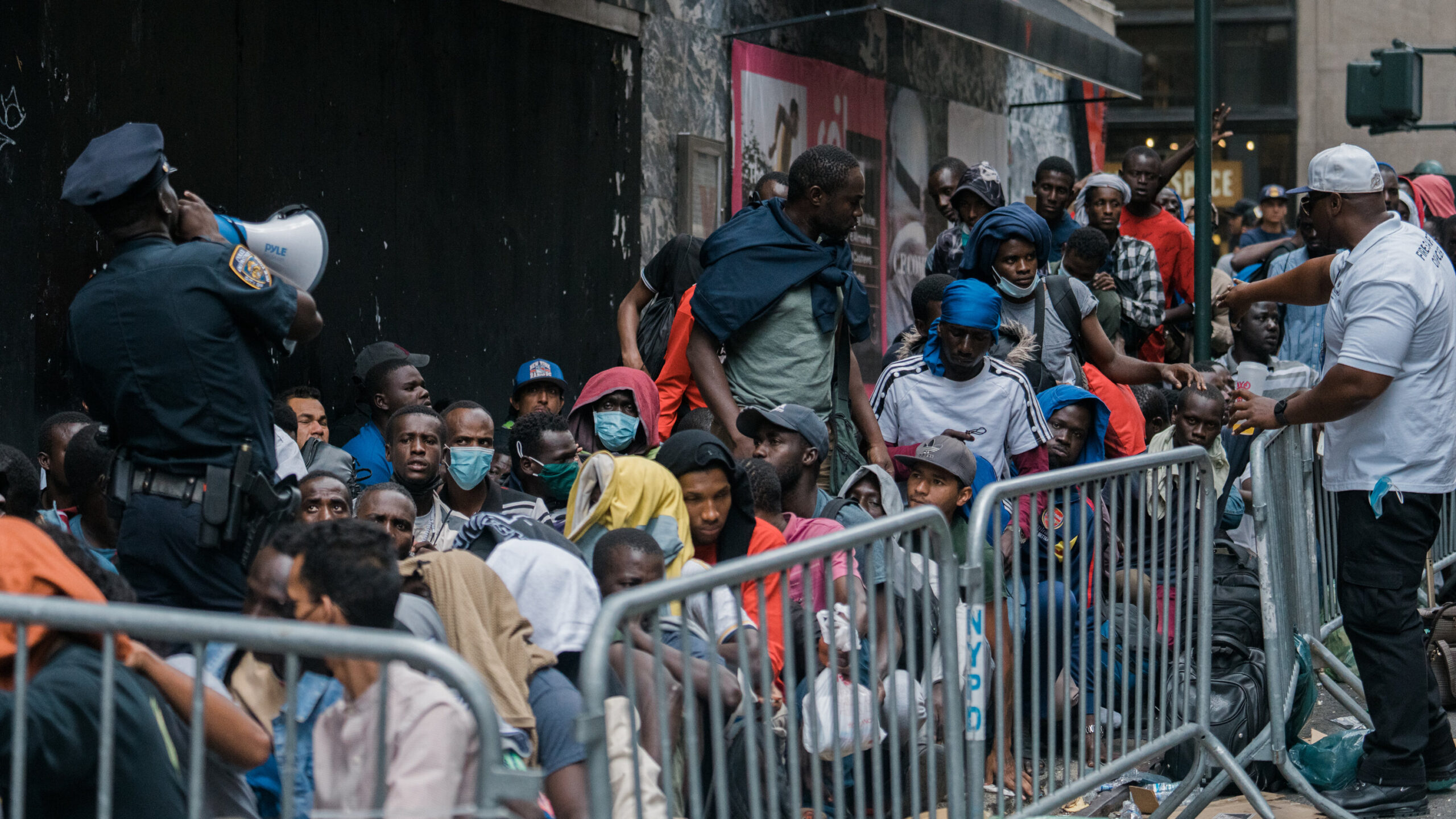As the world commemorates International Migrants Day, an occasion rooted in the recognition of the dignity and rights of the millions who traverse national boundaries in search of a better life, it compels a deeper examination of our shared human experience. The Bahá’í teachings, which emphasize unity, compassion, and the essential oneness of humankind, present a transformative lens through which we can explore an audacious proposition: What if we were to open our borders?
The concept of borders has long been viewed as a pragmatic necessity, delineating nation-states and their governance. However, at a metaphoric level, borders are akin to the artificial barriers that hinder the flow of the human spirit and the essential divine qualities inherent in all individuals. In this light, envisioning a world without borders prompts a reconsideration of our collective responsibilities towards one another, embodying the very essence of hospitality, love, and unity.
Opening our borders would symbolize a profound commitment to the principle of universal peace and the belief that every person deserves the opportunity to thrive, irrespective of their geographic origin. The Bahá’í teachings advocate for the establishment of a global society, one wherein the human family transcends superficial distinctions, ushering in a new era characterized by collaborative advancement and shared prosperity. In embracing this vision, we would actively dismantle the barriers of mistrust and misunderstanding that have long plagued humanity.
Consider the metaphor of an expansive garden. Each flower represents an individual, unique yet interdependent, cultivating a vibrant ecosystem. When we rigidly impose borders, we resemble a gardener who hinders the mingling of diverse species, thereby stunting growth and diminishing beauty. In contrast, by removing the fences and permitting the free exchange of ideas, cultures, and experiences, the garden flourishes, reflecting the rich tapestry of human potential.
The Bahá’í Faith underscores the importance of compassion, urging individuals to recognize the inherent worth of every person. This perspective is particularly pertinent on International Migrants Day, as countless individuals are often marginalized due to their migratory status. The act of opening borders is not merely a logistical adjustment; it is a profound expression of love and solidarity with those who seek refuge, opportunity, and a sense of belonging.
Moreover, a borderless world highlights the potential for mutual enrichment through cultural exchange. History has shown that migrant populations often introduce new philosophies, cuisines, artistic expressions, and modes of thought, thereby enhancing the societal fabric of their host nations. The crux of this interplay lies in the recognition that diversity is not a liability but rather an asset, contributing to the richness of our global heritage. It invites us to celebrate our commonalities while cherishing our differences, crafting a symphony of human experience that resonates harmoniously across nations.
Envisioning open borders necessitates a willingness to confront the societal fears that often fuel xenophobia and isolationism. The apprehension surrounding migration often stems from misconceptions, misinformation, or a palpable sense of vulnerability. However, the Bahá’í teachings provide a robust antidote to this fear through the principle of collective security. This tenet posits that true security can only be achieved through cooperation and mutual respect among nations. When we extend our hands in friendship rather than erecting walls of division, we foster an environment where individuals can flourish together, casting aside the shackles of fear.
Furthermore, the concept of open borders engenders profound economic implications. Research indicates that the free movement of individuals can stimulate economic growth, innovation, and productivity within host countries. By integrating migrants into the workforce, we not only empower them but also enrich our economies and societal systems. Traditionally viewed as burdens, migrants become contributors to the prosperity of their new homes, actively participating in the dream of collective advancement.
However, the proposition of open borders transcends mere economic calculations; it ultimately embodies a paradigm shift in our understanding of human rights. The Bahá’í Faith advocates for the recognition that every individual, regardless of their status, deserves dignity, protection, and the opportunity to fulfill their potential. Opening borders is a tangible manifestation of this belief, an ethos that holds irrespective of nationality or circumstance.
As we reflect on International Migrants Day, it becomes evident that the call to open our borders is not just an abstract ideal; it is a compelling expression of our shared humanity. It is akin to breathing life into the very principles that bind us — unity, justice, and love. Every person carries within them the potential to contribute meaningfully to the world. By fostering an environment that cultivates this potential, we weave a more cohesive social fabric, resilient against the perils of division and strife.
In conclusion, the teachings of the Bahá’í Faith resonate profoundly with the notion of open borders as we collectively strive towards a more equitable and compassionate world. International Migrants Day serves not only as a reminder of the struggles faced by countless individuals but also as an invitation to reimagine our relationship with borders. By embracing open borders, we not only challenge the status quo but also embark on a journey toward a global society united in purpose and enriched by diversity. It calls upon us to envision a future where, devoid of barriers, the human spirit can soar unimpeded, cultivating a garden of humanity that blossoms in all its splendor.
